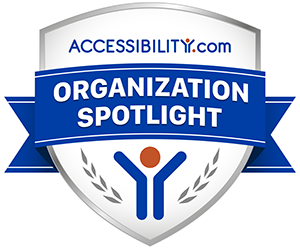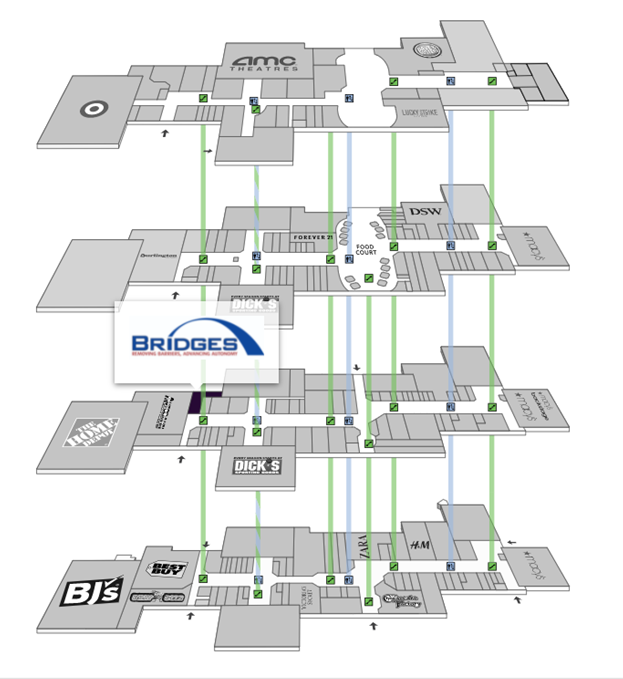This week’s article is about teaching youth with disabilities what it means to practice self-care. Self-care includes making choices to build self-confidence. Self-confidence will make youth feel more comfortable, will make the transition to adulthood smoother, and will help youth know what they want. When disabled youth are transitioning to adulthood, it is important to teach them to make their own decisions because decision-making and self-care go hand in hand. Making choices is a right to which everyone is entitled, even if the choice is refusal.
There needs to be a balance between living within separate, disability-segregated environments and living within the whole community. It is important that a person not be in a situation where they will be living in a disability-segregated environment all the time or living in an inclusive environment all the time without spending any time within their disability culture. Separate or inclusive, everyone has the right to choose what they need, to refuse to be separate, and to be included in the community.
For me, as an Autistic person, it has been really hard to build my own self-care through the years. This can happen when an individual seems to have less support needs than an individual with much higher support needs as well as communication difficulties. Creating a good sense of self-care skills, pertinent for each individual, will lead to a better transition to adulthood. However, typically, disabled people are not given the chance to refuse, thus they have trouble maintaining self-care.
Self-care means self-love which also means self-preservation. Accordingly, sometimes refusal is self-preservation for people in the disability community.
These 3 articles highlight self-care and the choices we make for ourselves:
https://www.speakforyourself.org/aac-implementation/2886/
https://www.vox.com/the-highlight/2019/6/11/18659912/autism-women-felicity-house-social-club




